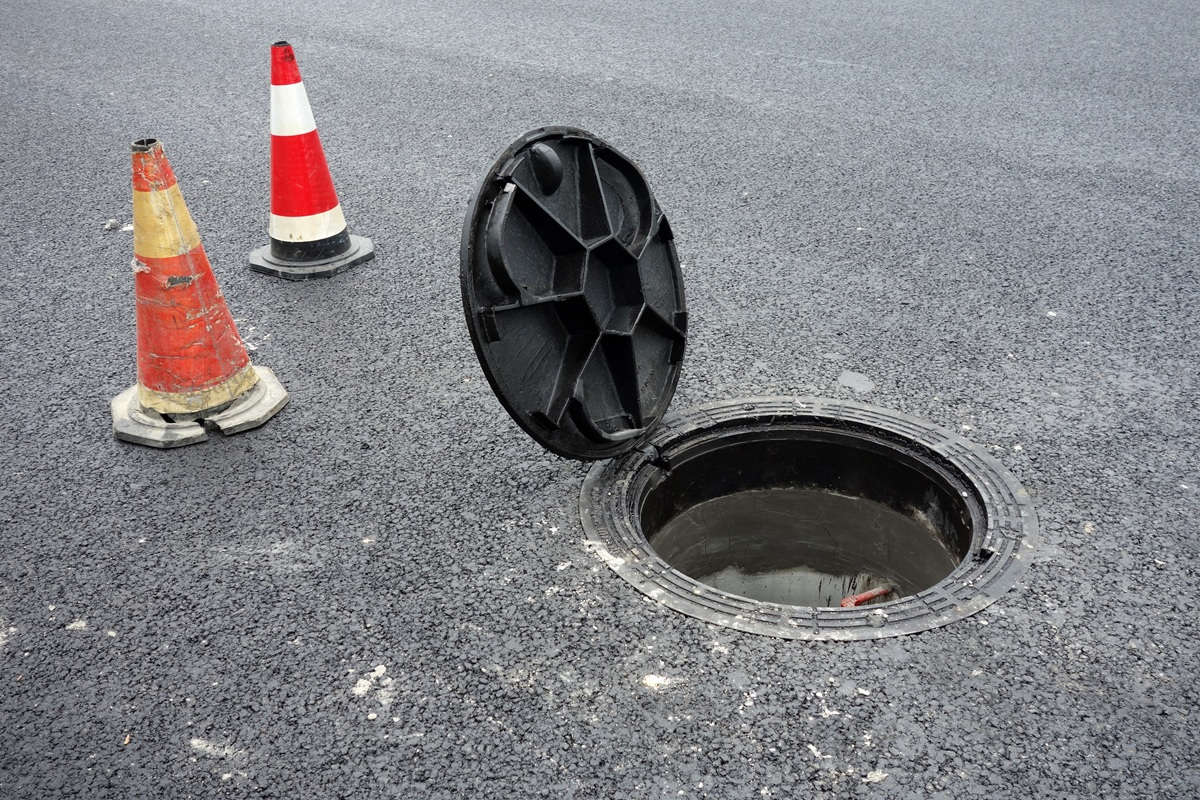Making the Most of an Election Year

And yet, according to Politico, Congress maintained a 90 percent incumbent re-election rate in 2012. That doesn’t sound much like an electorate fed up with its representation, does it? In fact, the low approval rate and the high incumbent re-election aren’t mutually exclusive. A more likely explanation of the electorates’ views on Congress is that they generally disapprove of Congress as an institution, but largely favor their representative. The anti-establishment, “throw all the bums out” mantra with the added, “except for my Congressman,” explains both the high re-election rate and the low approval rate.
This message is well understood by candidates. Incumbents and challengers alike share a tactic in campaigning for your support. From coast to coast, the average citizen hears both Republicans and Democrats, the long tenured and the fresh faces, all run their campaign on the premise that Congress is broken. Many of you may agree that Congress is broken, but every candidate runs on the premise that they can somehow fix or change the system. Some of them campaign on the need for more compromise, some on the need for more resolve. But no matter where you live or who you support, they all run for Congress by running as separate from Congress.
So I pose this question to you: Which is more likely, that an incumbent Congressman or Congresswoman is likely to change the Legislative branch and get the process working, or that a challenger is likely to change the Legislative branch and see meaningful legislation come from Congress? There are merits to both arguments. The incumbent knows the process, has standing in the chamber and has developed relationships (with other incumbents) which provide opportunity for progress. The newcomer brings fresh ideas and fresh tactics that, if enough support is built, could grease the axles.
For the construction and infrastructure industry, progress must come more quickly, and that means supporting and electing more pro-infrastructure, pro-business candidates, regardless of their status as incumbent or challenger. The simple fact is that our industry needs more proponents in Congress who are willing to take action to move our issues forward. Congress needs more business savvy individuals walking the halls, and we must do our part to make that happen.
Over the next year, NUCAPAC, the only political action committee dedicated exclusively to the interests of utility and excavation contractors, will be vetting candidates for contributions. NUCAPAC will only support those candidates who will act on our behalf. NUCAPAC will only support those candidates who are committed to finding workable solutions to America’s infrastructure struggles. NUCAPAC will only support those candidates who will measurably promote a pro-business agenda. In doing so, NUCAPAC will facilitate a landscape to promote infrastructure in Congress. But NUCAPAC can’t do it alone.
It is likely that the Water Resources (and Reform) Development Act (WRDA), will not see resolution until sometime this month, making you, the citizen and contractor, an active participant in the legislative process. You have the ability to influence change right now without waiting for the election. In the months of January and February, Congressmen and Congresswomen will be home in their districts for three and a half weeks. These are precious opportunities for you, the constituent, to impact our industry. Options abound for how to interact with them in their districts: fundraising events, campaign events, district office hours, scheduling a visit to the District Office, inviting the Representative or Senator to your facility or worksite, etc. Your voice is the single most important factor in any election; you just have to be willing to use it. If you interact with your Senator, for example, and they blow you off, are unresponsive to your request or simply do nothing you ask, then NUCAPAC will know (with your communication) who not to support for re-election. On the other hand, if you reach out to a Senator who takes your meeting, listens to your request and sponsors or cosponsors legislation aimed at helping our industry, then NUCA has gained an ally.
Election years are riddled with confrontation. Candidates are competing for your support, and sometimes it can get ugly and personal. We’ve all seen political advertisements sponsored by one candidate attacking their opponent. The higher profile the office or candidate, the more likely it will be that negative campaign tactics will be employed. NUCA will not engage in this tactic, but if NUCA can come out of the election in November with more allies in Congress than it had before then, NUCA will be in a better position to take priorities further. And that is how change occurs.
Will Brown is NUCA’s Government Relations Manager.



